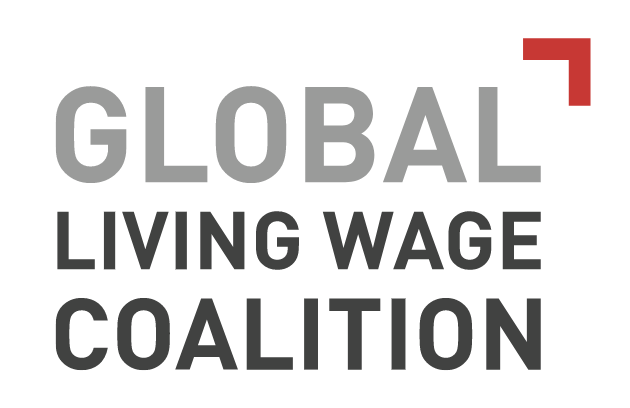Living wages and living income
UEBT supports companies to achieve living wages and living income. We do this by helping companies to understand the gap between the current situation and living wages and/or living incomes. With this information, companies can develop strategies to promote better livelihoods for producers and workers.
Fair prices and sourcing arrangements with producers are considered in the UEBT standard under Principle 3 – Fair and equitable sharing of benefits derived from the use of biodiversity. Commitments and targets to advance towards living wages for contracted workers are considered under Principle 6 - Respect for the rights of actors.
Living income
Principle 3 advances long-term relationships and payment of fair prices to producers –that is, the local pickers or farmers collecting or cultivating plants used for natural raw materials. It seeks to ensure such activities contribute to community well being and local development needs in the cultivation and collection areas. As part of this, UEBT also requires that there are measures in place to contribute to a living income.
Examples of measures to contribute to a living income
Valuing the average time spent by producers on cultivation or wild collection activities for the natural raw material at a rate proportional at least to a living wage
Providing in-kind benefits that can be valued as part of a living income.
Investing in technologies that increase yield and quality
Supporting the diversification of local revenue streams
Definition of living income
in the UEBT standard
Living income enables producers (farmers/pickers) to achieve a decent standard of living. According to the Living Income Community of Practice, this is the
Net annual income required for a household in a particular place to afford a decent standard of living for all members
of that household. Elements of a decent standard of living include food, water, housing, education, healthcare, transport, clothing and other essential needs including provision for unexpected events.
Definition of living wage
in the UEBT standard
According to the Global Living Wage Coalition, a living wage is remuneration received for a standard workweek by a worker in a particular place sufficient to afford a decent standard of living for the worker and her or his family. Elements of a decent standard of living include food, water, housing, education, health care, transportation, clothing, and other essential needs including provision for unexpected events.
Living wages
In the UEBT standard, Principle 6 requires commitment to and targets towards advancing living wages for workers under contract. UEBT guides companies and our approved auditors to look at credible living wage benchmarks and reference values for a region or sub-national region to determine the living wage which we define as the remuneration received for a standard workweek by a worker in a particular place sufficient to afford a decent standard of living for the worker and their family. This definition is based on the Global Living Wage Coalition (GLWC). UEBT is a member of the action network of the GLWC.
What is the Difference Between Living Income and Living Wage?
The concepts of ‘living wage’ and ‘living income’ are both about achieving a decent standard of living for households
Living wage is an individual concept, focused on a worker in an individual work week earning enough to enable their family to afford a decent standard of living.
Living income is a household concept, focused on farming households earning enough in a year from all income sources to afford a decent standard of living.
UEBT’s preferred benchmark for living wage are the benchmarks and reference values set by the Global Living Wage Coalition. Please consult https://globallivingwage.org/ to see if a living wage benchmark or a reference value exists for your country or sub-national region.
UEBT is a member of the Global Living Wage Coalition (GLWC) Action network
GLWC drives collaborative action to achieve a decent standard of living for working people and their families worldwide. UEBT's approach in the sectors we work in, including beauty, functional food and natural pharmaceuticals, is to assure that company commitments and targets are in place to advance towards a living wage for workers in natural raw materials supply chains.
Guidelines on fair prices and local sourcing arrangements
Guidelines on minimum and living wages
References to available living wage and living income benchmarks
Cost calculation tools
Additional cost calculation tools (cultivation/wild-collection) are available for UEBT members.
More information: membershipenquiries@uebt.org. Already a member, click here to go to the password-protected resources page for members.






